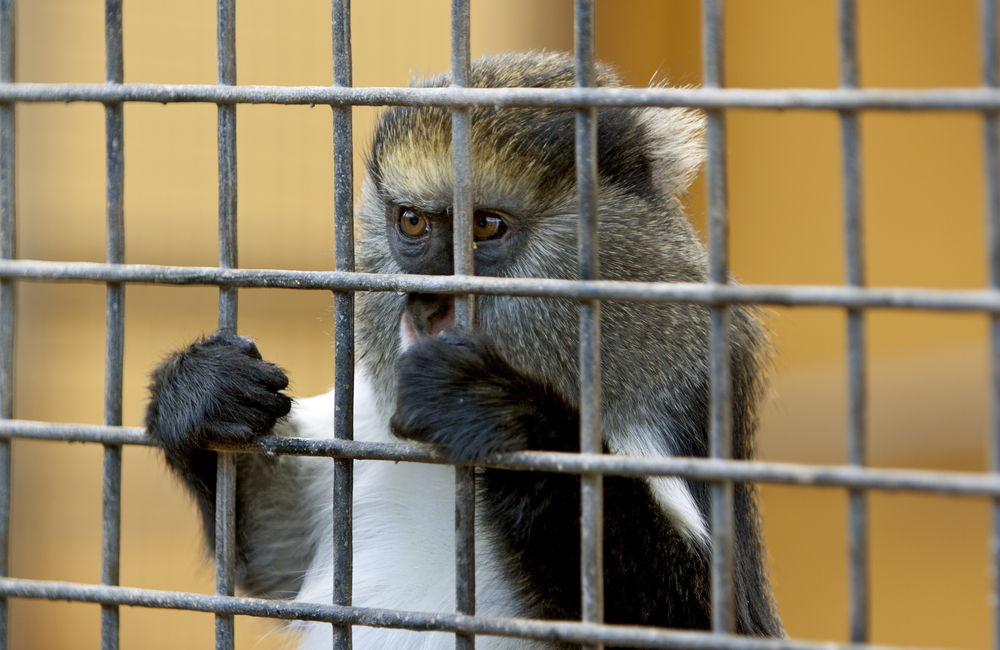Canada News
Quebec to amend Civil Code to better protect animals from abuse
QUEBEC—Quebec’s new agriculture minister is promising to clean up the province’s bad reputation as one of the best places to be an animal abuser.
Pierre Paradis says new legislation is in the works that will redefine the status of an animal in the province’s Civil Code and improve its protection.
“I want to go as quickly as possible,” Paradis told The Canadian Press. “It’s among my legislative priorities.”
Once the Civil Code is amended, cats, dogs and other animals will no longer be considered as “personal property” but as living, “sentient” creatures. That is a formula that has already been adopted by several European countries.
He said he has reached an agreement in principle with Justice Minister Stephanie Vallee that would give critters more status before the courts than inanimate property such as a chair or table.
“We were inspired by what was done in France, where they redefined the concept of the animal as a being that is capable of feeling pain,” Paradis said. “We’re looking into the judicial consequences of that but we don’t want it (the animal) to remain personal property.”
The change in status means the courts will consider pain and suffering when imposing penalties or fines on abusers.
While recognizing the sentient nature of an animal will not give it the same type of rights as for humans, it will increase the obligations on owners and breeders toward their charges.
Paradis noted that there is a demand for better treatment of animals and it has already been heard in Europe.
“We’re seeing how things are evolving in Europe on agricultural farms—there are larger cages for pigs and more space for chickens. If you’re not part of this movement, you’re going to be excluded.”
Indeed, the commercial impetus for laws protecting animals is as key as the humanitarian one.
Paradis noted competitors could squeeze Quebec out of the market if it doesn’t treat its animals better.
“We’re right in the middle of a free-trade deal with Europe and we will be affected if we do not adjust,” he said.
The Agriculture Department is responsible for carrying out inspections and Paradis said the tight financial situation prevents adding resources. The department’s 250 inspectors are charged with ensuring the quality of food and agricultural infrastructure as well as the well-being of animals.
Paradis has not been idle in the meantime when it comes to animal rights.
In June, he announced the establishment of a 24-hour, seven-days-a-week tipline where people could report animal abuse.
The initiative has drawn praise from Quebec’s Order of Veterinarians.
Quebec has a long way to go in its fight to protect its four-footed residents.
The province has long been criticized for being home to miserable puppy mills.
Mistreated calves were discovered recently on a farm in Pont-Rouge.
The San Francisco-based Animal Legal Defense Fund also recently put Quebec among the best places to be an animal abuser.
The province and Nunavut were cited in the June 16 statement as having the worst animal protection laws in Canada. Ontario, Manitoba, British Columbia and Nova Scotia were credited with having the best laws.
It was not the first year Quebec has been singled out.
“Gandhi said the evolution of a society can be judged in the way it treats its animals,” said Paradis. “There’s room for evolution here.”
Quebec’s intentions are drawing some praise.
Martine Lachance, director of a research group in animal law at the Universite du Quebec a Montreal, welcomed the idea of abandoning the notion of animals as “property.”
“We’re telling people, ‘you can no longer treat animals as inert, property with no emotions’,” she said. “This will force people to be aware, it will force the courts to act. There will be change, that’s for sure.”
Once the Civil Code has been updated, “Quebec judges will have no choice, in my opinion, to be a bit more coercive,” she said.






















